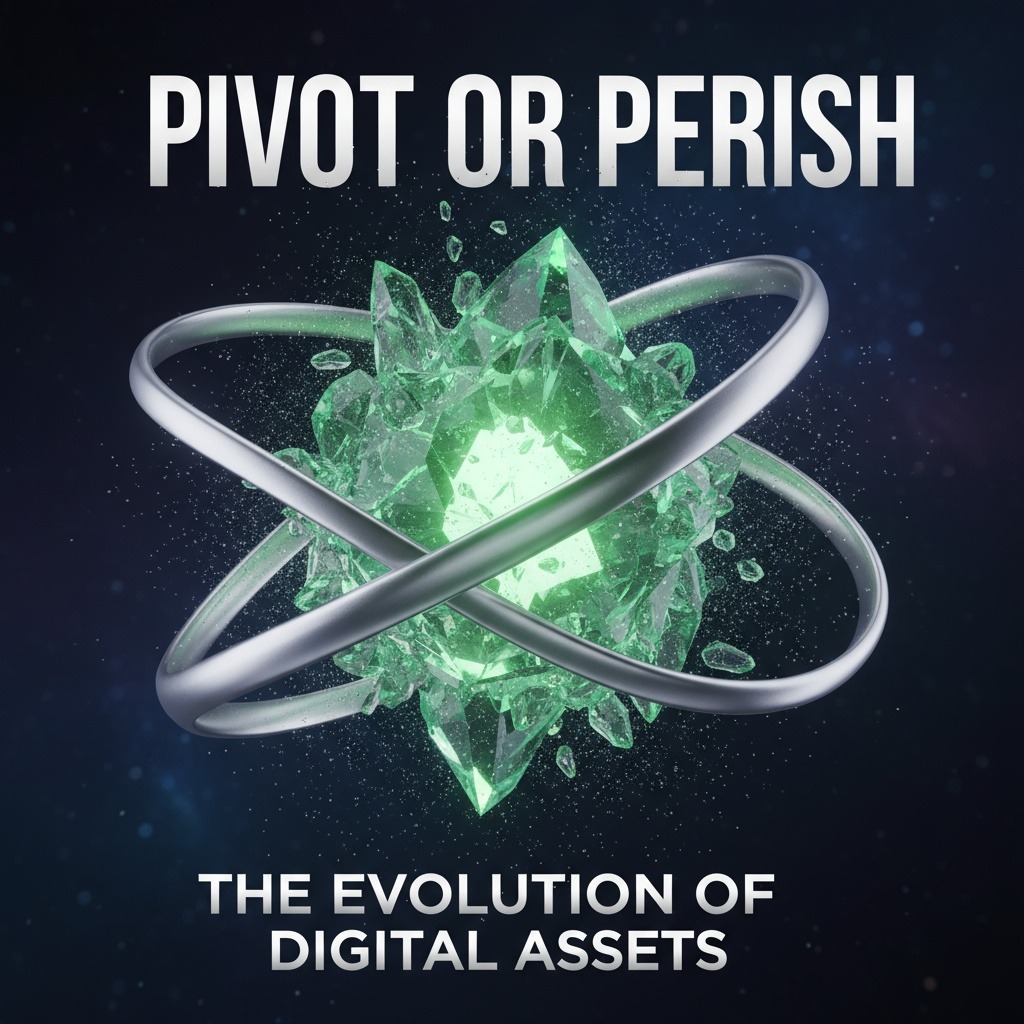Rosie Sargsian, head of growth at Ten Protocol, has voiced concerns over the hurdles faced by crypto projects aiming for long-lasting development. In a recent post on X, titled “Why Crypto Can’t Build Anything Long-Term,” she portrayed a cycle where many teams shift strategies frequently, driven by short-term pressures rather than enduring vision.
Sargsian explained that many crypto founders exhibit what she described as “paper hands,” ready to pivot at the first sign of difficulty. She referenced a twist on traditional business wisdom: instead of avoiding the sunk cost fallacy by pivoting when something doesn’t work, the crypto sector has engaged in what she calls sunk-cost-maxxing—rapid, recurrent pivots whenever progress slows or fundraising becomes challenging.
According to Sargsian, this behavior is fueled by an accelerated product cycle in the crypto space. Where the ICO era allowed for 3-4 years of narrative development and project growth, the timeframe for many crypto ventures has shrunk to approximately 18 months. Within this period, new trends prompt funding inflows and community engagement, but interest often wanes before projects can mature fully, leading teams to chase the “next big thing.”
Highlighting industry challenges, Sargsian pointed out that crypto venture capital funding has declined notably, citing a nearly 60% drop in the second quarter of 2025 alone. This squeeze further compresses the window for founders to build solid infrastructure or iterate toward product-market fit, both of which typically require multiple years rather than months.
While she acknowledges that founders are operating rationally within the current ecosystem constraints, Sargsian argued that the structural pressures of the crypto market make long-term project development extremely difficult. Teams risk losing investors and users if they remain focused on an outdated narrative, while fresh capital and talent gravitate toward the latest trends and tokens.
Another challenge relates to user retention once initial hype fades. Sectors such as NFTs often see rapid boom-and-bust cycles. Incentives like token launches and airdrops can attract early users but may also encourage rapid token sell-offs, undermining platform stability and long-term engagement.
Supporting Sargsian’s view, Sean Lippel, general partner at FinTech Collective, shared that some actors in the crypto ecosystem resist approaches that promote prolonged commitment. He cited reactions he encountered when advocating for longer token vesting periods, such as those proposed by a16z, which emphasize multi-year horizons for market structure stability.
Lippel remarked on how many founders have amassed wealth without necessarily contributing to durable crypto infrastructure or projects with sustained impact, underscoring the tension between short-term gains and long-term value creation.
The discussion around crypto’s fast-evolving narratives and their impact on meaningful development highlights ongoing difficulties in balancing innovation with sustainability within the sector.



